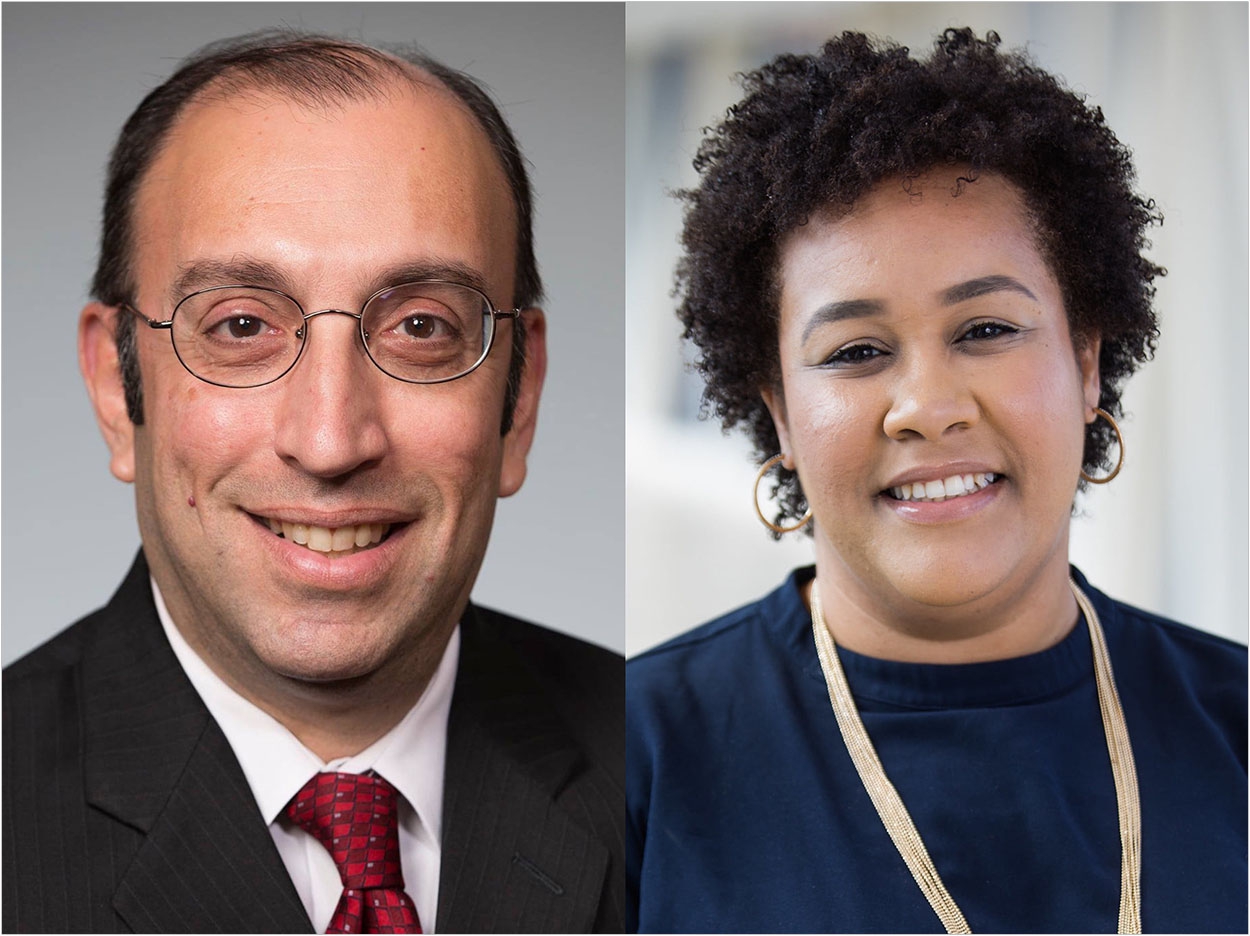
The University of Oklahoma (OU) Health Sciences Center said that it is taking a significant role in a national grant that aims to increase the dental, oral, and craniofacial research workforce, particularly by fostering the careers of underrepresented minorities.
Like that of biomedical research, the disciplines of dental research often lack the diversity that strengthens innovation and leads to healthcare advances for people from underrepresented communities, OU said. This new grant will build a mentoring network to help early career researchers from diverse backgrounds to build professional skills and grow their careers.
The five-year, $1.3 million grant is from the National Institute of Dental and Craniofacial Research, which awarded it to the American Association for Dental Research (AADR). The program created by the grant is called AADR Mentoring an Inclusive Network for a Diverse Workforce of the Future, or MIND the Future.
“There is a significant need to enhance the diversity of researchers who work in the dental, oral, and craniofacial sciences,” said Sharukh Khajotia, BDS, PhD, associate dean for research at the OU College of Dentistry.
“We need more diverse ideas and opinions in the research workforce. The OU College of Dentistry is one of 11 partnering institutions that will build a vibrant and inclusive community of researchers whose participation is vital to improving the oral health of our nation,” Khajotia said.
Khajotia is joined on the grant by Natasha Mickel, PhD, director of the Oklahoma Center for Mentoring Excellence (OCME), a program at the OU Health Sciences Center initiated by a collaboration between the Office of Faculty Development and the Oklahoma Shared Clinical and Translational Research Institute.
Khajotia and Mickel both serve on the national committee that manages the grant, but their primary role is to facilitate the training of 10 mentors each year from across the United States, who in turn will advise 10 early career researchers over a one-year period. At the end of the five-year funding period, 50 mentors and 50 mentees will be trained and a mentoring network will be established for diverse and underrepresented researchers.
OCME’s mission is to equip mentors with proven methods of mentoring. Just as medical treatments are based on research, mentoring also has an evidence base of competencies that create effective mentors, OU said. The six primary skills are maintaining effective communication, aligning expectations, assessing understanding, addressing equity and inclusion, fostering independence, and promoting professional development, OU said.
“Mentoring is a type of activity that people do according to how they’ve been mentored, but our role is to equip mentors with tools that have been shown to be effective,” Mickel said.
On an everyday basis, OCME works with faculty from the seven colleges at the OU Health Sciences Center who want to mentor students, postdoctoral fellows, or junior faculty members. The opportunity to contribute OCME’s expertise to building diversity on a national level is especially gratifying, said Mickel, who also serves as director of multicultural engagement for the OU College of Medicine.
“This grant is about creating opportunities for those who come from underrepresented populations and have yet to fully experience the opportunities that others have had,” Mickel said.
“Such diversity is important because people who come from under-represented or disadvantaged backgrounds tend to focus their careers on work that serves the communities they came from,” Mickel said. “In this case, the focus is oral health.”
Related Articles
AADR Announces Inaugural MIND the Future Mentees
Minority Organizations Strive for More Inclusion
Mentoring Program to Develop a More Diverse Workforce



